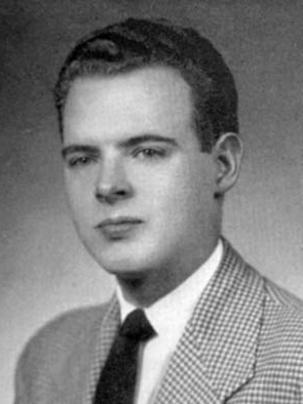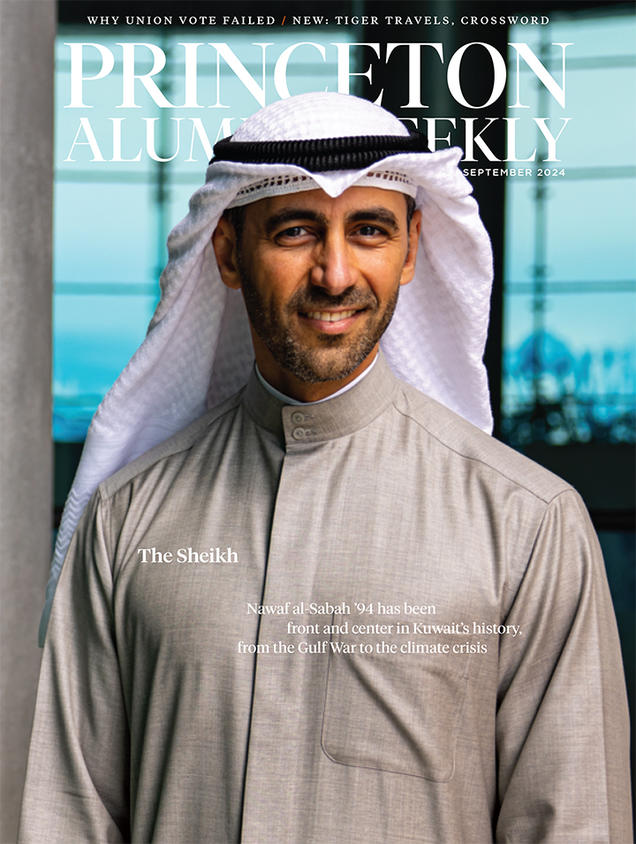Paul F. Glenn ’52

Paul came from Exeter to study philosophy and join Charter. He worked on the Prince; was in the Glee Club, the Pennsylvania Club, Free Enterprise Society, and Western Penna. Club; and on the Philosophy Forum executive committee. He roomed with John Blewer.
In 1955 he earned a law degree at Harvard and then took up a long career trading commodities and other forms of investing, with remarkable success. He was a co-founder of Cycad Group, a venture-capital firm in Santa Barbara.
His interests away from the office included medical research and aging, for which he formed the Glenn Foundation for Medical Research. It has funded more than $100 million for study to extend the years of healthy living in Glenn Centers at Harvard, Stanford, the Salk Institute, Princeton, MIT, the Mayo Clinic, Einstein College of Medicine, the University of Michigan, and the Buck Institute. He served on boards of a number of leading organizations concerned with healthy-aging research.
His private interests were gardening (four acres at his home in Montecito, Calif.) and golf. He belonged to a number of clubs, including the Valley Club and Birnam Wood.
Paul died Sept. 29, 2020, leaving us, his classmates, to admire his achievements and his generosity.
Paw in print

September 2024
Sheikh Nawaf al-Sabah ’94 in Kuwait; Tiger Travels; Why the graduate student union vote failed.
Book Club.
Join and Read With Us.

